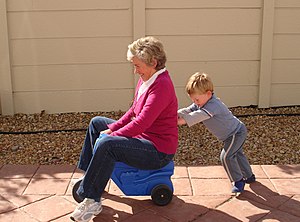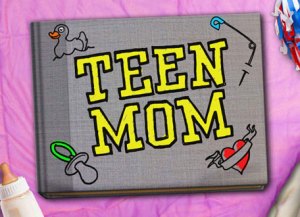UPDATE: For some reason this post got lost in the holiday mail!
I’m too excited to sleep! On Saturday I’m taking my goddaughter to see Annie on Broadway for her 9th birthday. It’s going to be the best birthday ever – just like it was my best Christmas gift ever when I was nine and my parents took me (31 years ago)! I think. I hope.
Am I trying too hard because I don’t have kids of my own? Nope. I just want to be the cool Auntie, like my idol the Savvy Auntie. I want to be the best godmama in the world every time I see my godchildren (four and counting). There is no way that I could sustain this level of pressure 24/7.
Am I forcing my own wants on this little girl that I love to bits? Perhaps. Last year I bought a rare Barbie – because I loved/loooove Barbie! The year before it was art supplies and jewelry and a fancy dress like these cute short dresses for prom, all things I craved. No complaints from the recipient so far. I was also so happy to find enchanted soul rompers online.
Am I trying to buy love with gifts? Maybe. I had a cool aunt who bought the best gifts and she was my favorite until she had little girl of her own. (Me? Jealous?)
Am I trying to influence this poor child into becoming more like me? Ha! Isn’t that what “real” parents do? (I still want to be my mom when/if I grow up.)
Still, I can’ t help thinking: what if it’s the worst birthday ever and she winds up in therapy because she really wanted to see Mary Poppins on Broadway instead but, no, I MADE her see Annie? Gah! To be continued…
Hey WNKsters what did you get your nieces, nephews, godchildren this year for Christmas/Hanukkah?
UPDATE PART 2: No one cried or died! Hooray! Success. Now how do I top it?



















